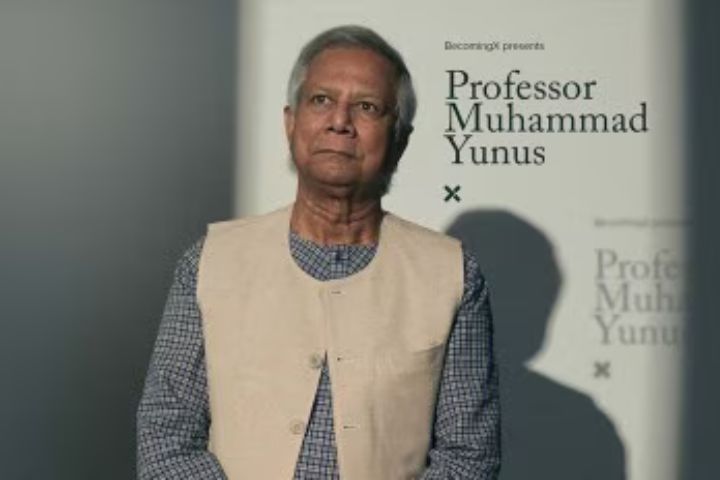Nobel laureate Mohammad Yunus faces questions on Bangladesh. Bangladeshi Nobel laureate Muhammad Yunus has been appointed as the chief adviser to Bangladesh’s interim government, according to an announcement by the coordinators of the Anti-Discrimination Student Movement on Tuesday. Renowned globally for his microfinance innovations, Yunus now faces the challenge of leading a nation beset by political unrest and religious strife.
Yunus has criticized the political environment under Sheikh Hasina, likening it to an authoritarian regime where citizens felt repressed. He views the removal of Hasina’s government as a new beginning for Bangladesh, yet this new era is overshadowed by violence against minority Hindus, exposing deep-rooted societal divisions that need urgent resolution.
Here’s what is happening in Bangladesh
Bangladesh is experiencing a major political upheaval. Sheikh Hasina has resigned as Prime Minister following an army ultimatum and has fled to India. The country is now under military control, with Army chief General Waker-Uz-Zaman announcing plans for an interim government and appealing for peace.
The crisis originated from protests over job reservations for freedom fighters’ families, which protesters claimed favored Awami League members. As the government cracked down, demands escalated to the Prime Minister’s resignation. The ensuing violence has resulted in over 300 deaths since last month.
The army has promised a peaceful resolution, but the situation remains tense. The international community is closely watching these developments, which could significantly impact Bangladesh’s political future and stability.
“Bangladesh will spill over Bangladesh..” Here’s what Yunus has to say
Nobel Laureate Mohammad Yunus has taken charge of Bangladesh as of now. While Sheikh Haseena has signed her resignation and fled to India.
“If you destabilise Bangladesh, it will spill over all around Bangladesh, including Myanmar and seven sisters in West Bengal everywhere,” he told NDTV.
“It will be a volcanic eruption everywhere around us and in Myanmar… and it would be a bigger problem because a million Rohingyas are in here,” he said.Describing the situation, he said there are 170 million people, most of whom are young people who never voted.
“You have to make sure they are happy and law abiding citizens and they know there’s a democracy… These young people never voted in their life. They never went to the polling booth because those elections were never held… Our starting point is we have to get to talk to the young people,” he added.





GIPHY App Key not set. Please check settings